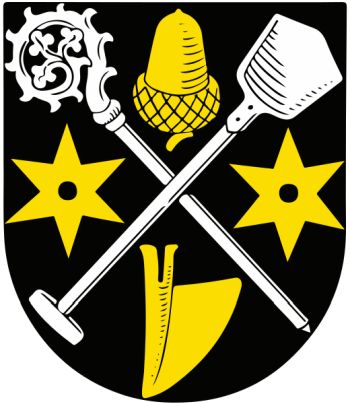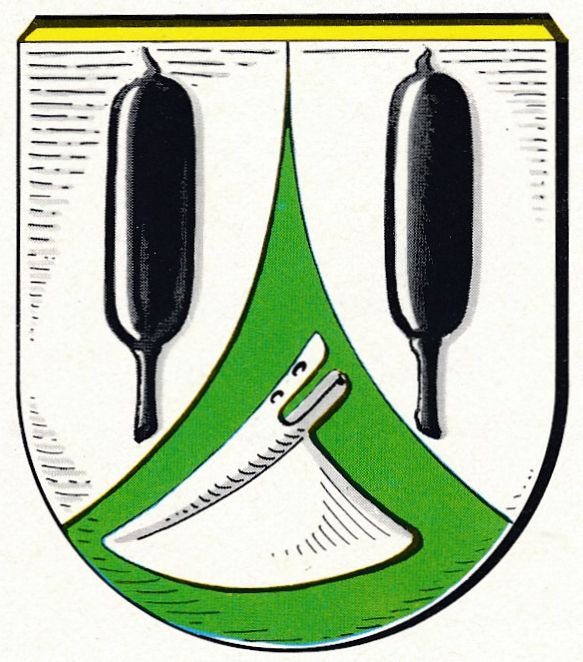Grossheide: Difference between revisions
Knorrepoes (talk | contribs) No edit summary |
Knorrepoes (talk | contribs) m (Text replace - "|width="15%"|50 px|right |}" to "|width="15%"|50 px|right |}<seo title="Wappen, Gemeindewappen" />") |
||
| Line 3: | Line 3: | ||
|width="70%" align="center" |'''Heraldry of the World<br/>Civic heraldry of [[Germany]] - [[Deutsche Wappen|Deutsche Wappen (Gemeindewappen/Kreiswappen)]]''' | |width="70%" align="center" |'''Heraldry of the World<br/>Civic heraldry of [[Germany]] - [[Deutsche Wappen|Deutsche Wappen (Gemeindewappen/Kreiswappen)]]''' | ||
|width="15%"|[[File:Germany.jpg|50 px|right]] | |width="15%"|[[File:Germany.jpg|50 px|right]] | ||
|} | |}<seo title="Wappen, Gemeindewappen" /> | ||
Revision as of 17:22, 5 November 2012
| Heraldry of the World Civic heraldry of Germany - Deutsche Wappen (Gemeindewappen/Kreiswappen) |
GROSSHEIDE
State : Niedersachsen
District (Kreis) : Aurich (until 1976 Norden)
Additions : 1976 Arle, Berumerfehn, Menstede-Coldinne, Westerende
Origin/meaning:
The crosier is taken from the arms of Menstede-Coldinne. The spade is a typical tool used in the moors during many centuries. The moors are now cultivated. The acorn symbolises the sandy parts of the municipality, the so-called Geestrücken, which are typically grown with oak trees. The plough iron is taken from the old arms of Grossheide, see below, and Westerende. The spurs are taken from the arms of the city of Norden and were part of most of the former arms. The black colour symbolises the peat. The combination black and silver also forms the colours of Preussen (Prussia), as the area was developed at the initiative of Emperor Friedrich the Great.
The previous arms show the former moors (reed mace) which were gradually cultivated (plough). The two villages in the municipality are symbolised by the two plants.
Literature : Leiner, K. : Panorama Norden, Norden, 1972; www.grossheide.de


